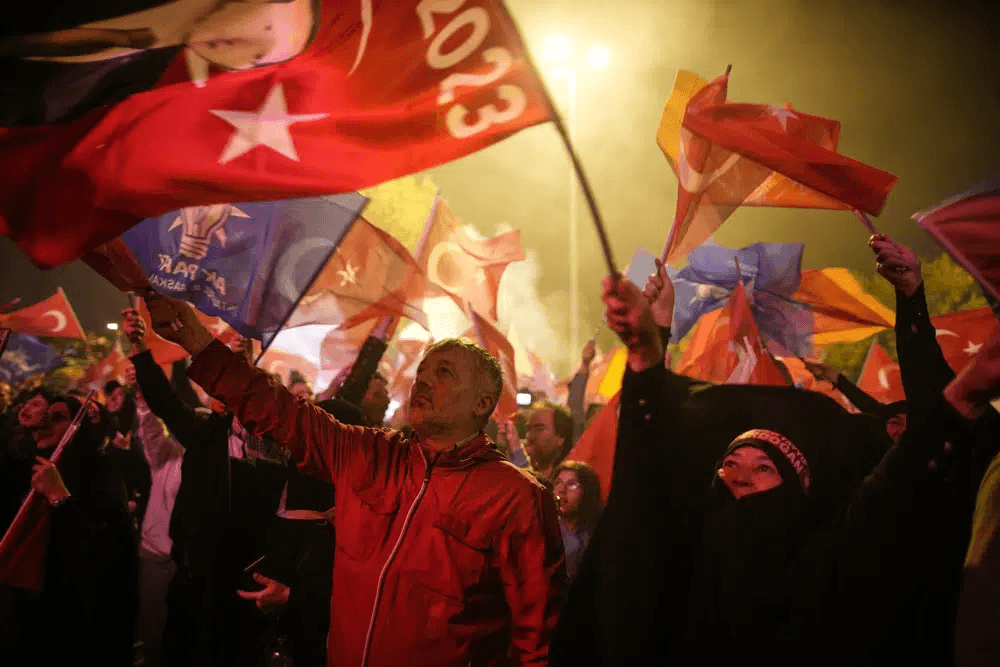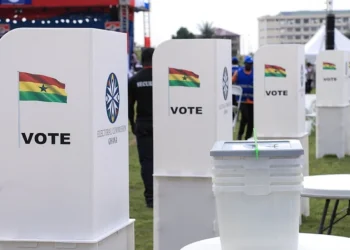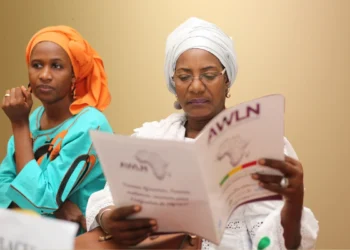Recep Tayyip Erdogan has entrenched himself in power again after he emerged victorious in the May 28 runoff election between himself and opposition leader, Kemal Kilicdaroglu.
Though he led his rival by 5%, Erdogan, who has ruled the country for two decades, failed to win an outright majority in the May 14 election, prompting Sunday’s runoff votes.
It was really a test to Erdogan’s dominance, because it was the first time ever for him not to win an outright majority. Nonetheless, the Turks chose the longtime ruler to his soft-spoken opponent, preferring “the devil they know to the angel they don’t.” Erdogan was declared winner with a little over 52% votes.

Erdogan has carved a niche for himself in the Turkish political as well as the international scene. Having transformed the presidency in Turkey from a largely ceremonial role to a powerful office, he has suppressed freedoms and he wields much power over the media.
Erdogan was the first directly elected President in 2014 and won the 2018 election that brought in the executive presidency. His victory in the runoff election gives him another five-year term.
On the international front, Sweden’s bid to join NATO is now dependent on Erdogan’s approval. Also, he helped broker the Black Sea Grain Initiative; a deal which ensures shipment of Ukrainian grain to other parts of the world, and he is central to the deal’s continuity.
The fact that Erdogan ridiculed his challenger, Kemal Kilicdaroglu for his loss, saying “bye bye bye, Kemal,” sends fear that the opposition could be targeted during Erdogan’s reign, suppressing their activities, free speech and even certain human rights.

After the celebratory dust has settled, the newly empowered President will have to roll his sleeves and get to work, dealing with the country’s economic crisis, the Turkey-Syria earthquake aftermath, refugee issues, Sweden’s ascension to NATO, amongst others.
Turkey, which sits between Europe, is plagued with economic crisis and sky-high inflation. Official inflation at more than 40%. Citizens are reeling under the high cost of living, which the President must address. Additionally, he must tend to massive rebuilding efforts in 11 provinces that were hit by the disastrous Feb. 6 earthquake.
In his victory remarks, Erdogan assured that rebuilding the quake-struck cities would be his priority. He also said a million Syrian refugees would go back to Turkish-controlled “safe zones” in Syria as part of a resettlement project being run with Qatar. The world will be on standby to see how he fulfills these pledges.
Turkey is not alone in the combat against economic crisis and inflation. Countries across the world are also battling high cost of living. One needs not to be told that Africa is also facing economic challenges. One word always runs through the factors blamed by country leaders for their economic woes; the ongoing Russia-Ukraine war.
Maybe when the war finally ends, we will know if economies will improve or leaders will find something else to blame. As the war still persists, alternatives should be found to ease economic challenges.




















